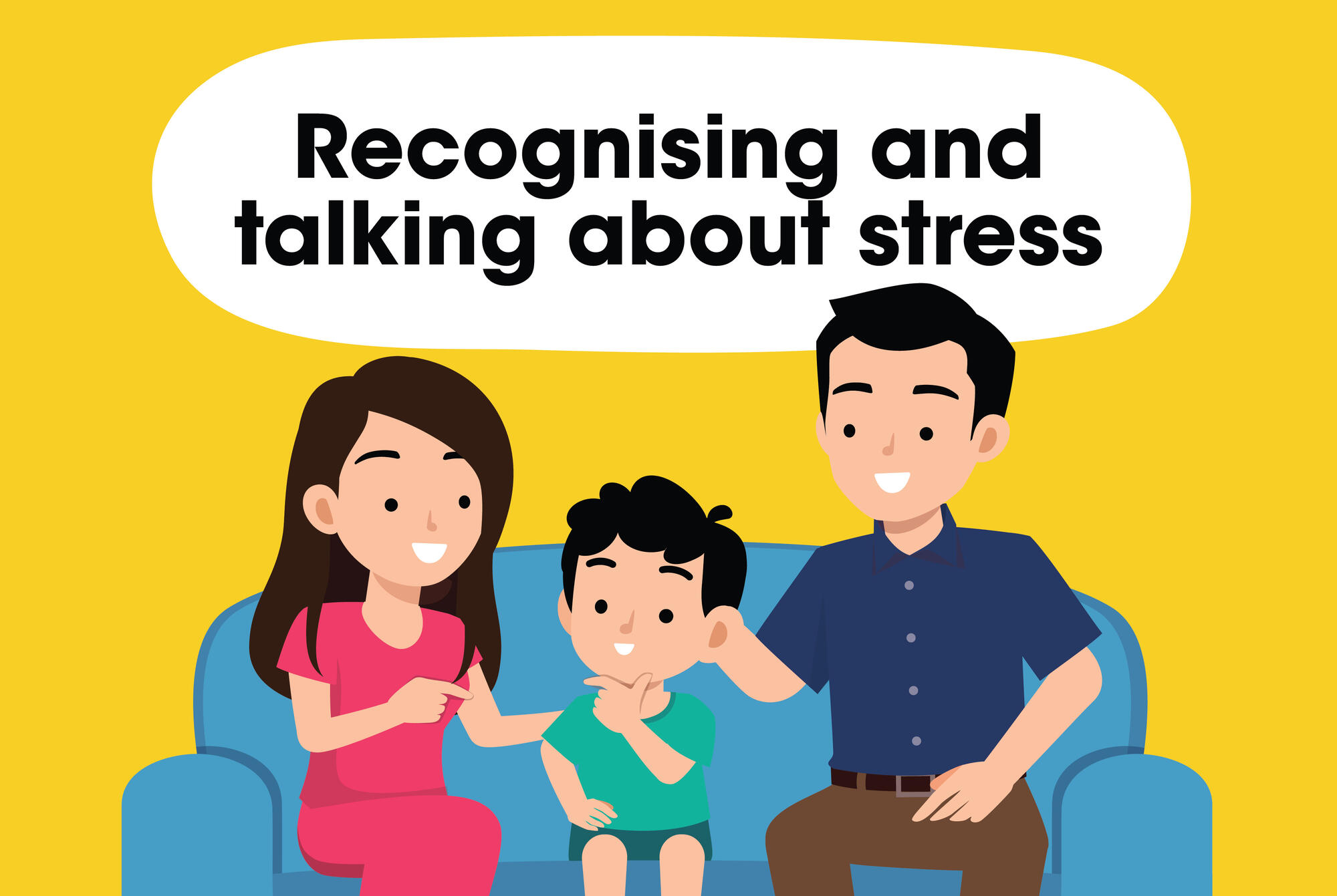Getting Pupils to Speak Up
29 May 2012

Pri 5 pupil Dawn Yeo (left) and her classmate entertaining the class with a rendition of Roald Dahl’s The Twits.
It’s one thing to understand and communicate well in a language; it’s another matter when it comes to speaking in public. That’s what English teachers at St Margaret’s Primary School realised a few years ago. While their pupils had a good grasp of the English language, they clammed up in fear when speaking in front of an audience.
This led the teachers to develop a revised Oral Assessment Framework in 2009, where oral assessment in English goes beyond reading a passage and discussing a picture. Pupils are tested holistically on their oral skills through debates, PowerPoint presentations and news broadcasts.
“At the end of the day, we want our girls to become persuasive and impactful communicators,” says Ms Michelle Kok, Head of Department for English Language. “My colleagues and I felt that reading aloud and picture discussion [which are the standard methods of oral assessment] could be picked up at upper primary levels. We decided to focus more on foundational oracy skills that will benefit them more practically in the future.”

Pupils discussing the importance of the “three Vs” of effective communication: being verbal, vocal and visual.
Speaking with confidence
In Primary 1 and 2, pupils are given activities to do such as Show & Tell, as well as poetry recitation. In Pri 3 and 4, pupils learn about presentation and public speaking skills such as using positive body language, projecting their voice clearly and speaking into a microphone. In Pri 5, pupils come up with their own news stories by using an educational news broadcast software. With each of these alternative oracy tasks, there is also self, peer and parental appraisal involved so that the pupil gets adequate feedback from different perspectives. However, the final marks are still based on the teacher’s assessment.
For the conventional oral exam component at the upper primary levels, pupils upload their recordings online at the school’s AsknLearn portal. This allows them to record their readings or speeches as many times as they like, and also gives more flexibility to the English teachers who can assess the recordings in their own time.
The oracy programme has been well-received by the pupils, and the pupils can be seen to be speaking eloquently with ease. Pri 3 pupil Gwenda Poon was quick to share how she enjoyed working on a PowerPoint presentation on the life cycle of a butterfly with her group. “It was not scary at all because we did a group presentation and our teacher was very encouraging,” she recounts.
Pri 5 pupil Dawn Yeo admitted to times when she “didn’t know what to say and felt embarrassed” during presentations. But she appreciated the exercises the teachers had done to make them more comfortable with public speaking. “Last year, my English teacher brought in sequinned clothes and hats. We dressed up and did a catwalk up and down the classroom to music. It was so much fun! And we didn’t feel so afraid of facing an audience after that.”

English teachers Ms Michelle Kok, Ms Charissa Chan and MsPamela Yeo instil confidence in their pupils to become good speakers.
For Pri 4 pupil Alayna Yap, her favourite English lesson was when the class was split into two groups and each group took turns shouting their partners’ names across the classroom to see if they could be heard amidst all the other voices. This was to train them in vocal projection. “It’s not something we get to do during normal lessons. For once, the teacher wasn’t scolding us for being too loud!” Alayna says.
A positive long-term impact
With the extensive exposure to speaking in different settings, these pupils later find that the conventional oral assessment becomes a cinch. Dawn, who recently went through a “normal” oral examination, feels that she was able to apply what she had been learning about presentation skills over the last few years.
“I was able to read the passage articulately and stopped myself from saying ‘uh’ too many times. Also, from the share-a-book assignment [a Pri 3 oracy assessment where pupils present a book review], I was able to pick out the important details from the picture and discuss them in-depth,” she says with a hint of pride.
Ms Kok notes that parents have also responded well to the programme. “Some parents have told us that they are encouraged to see their children practising their speeches at home and becoming much more confident speakers.” For Pri 5 pupil Yep Zhi Ning, the training she has received in the oracy programme has even given her an inkling of a possible career path. “I really like debating in class. It’s like arguing but you must think hard. I’ve told my mum that I’d like to be a lawyer one day,” she says with a grin.





